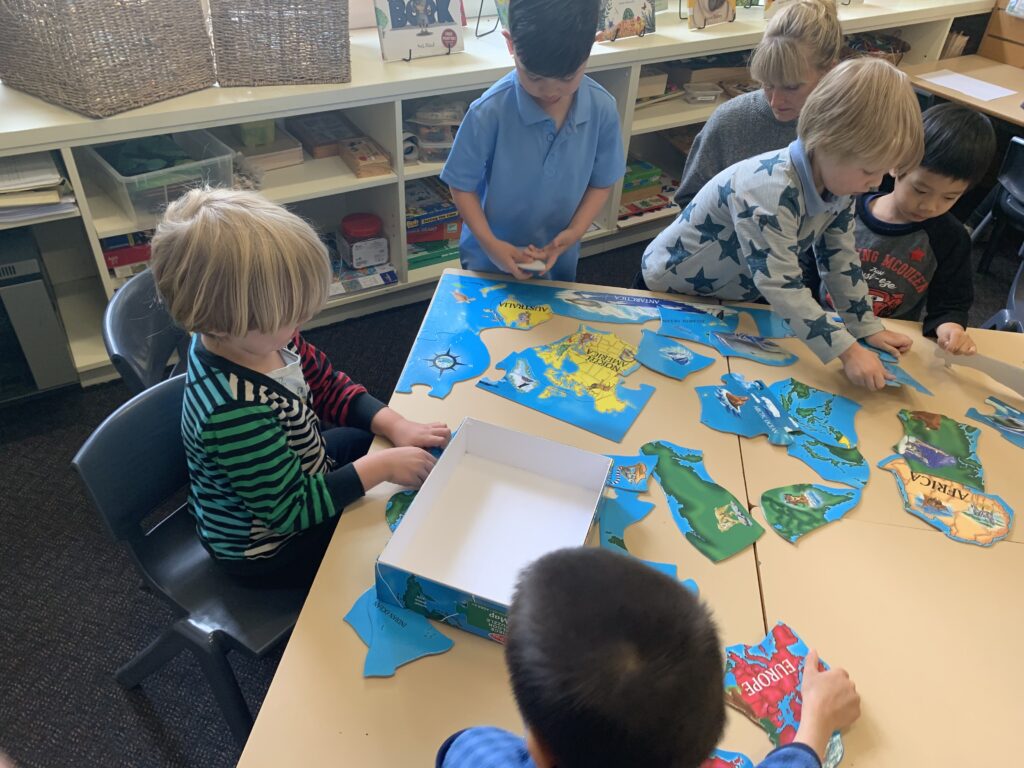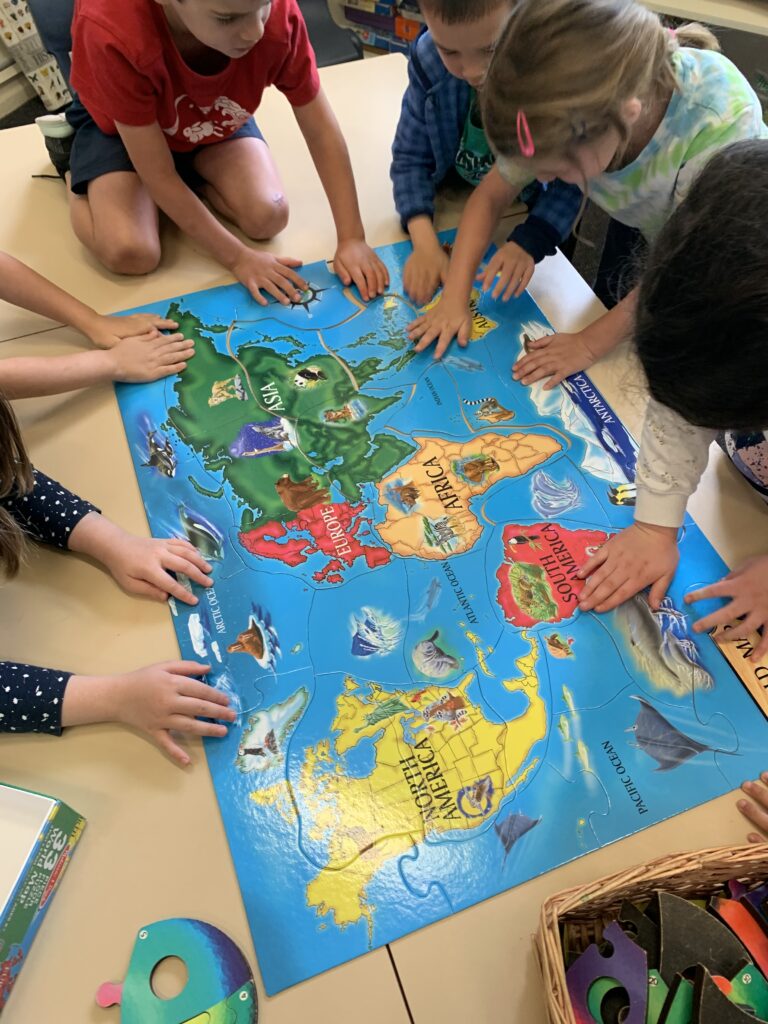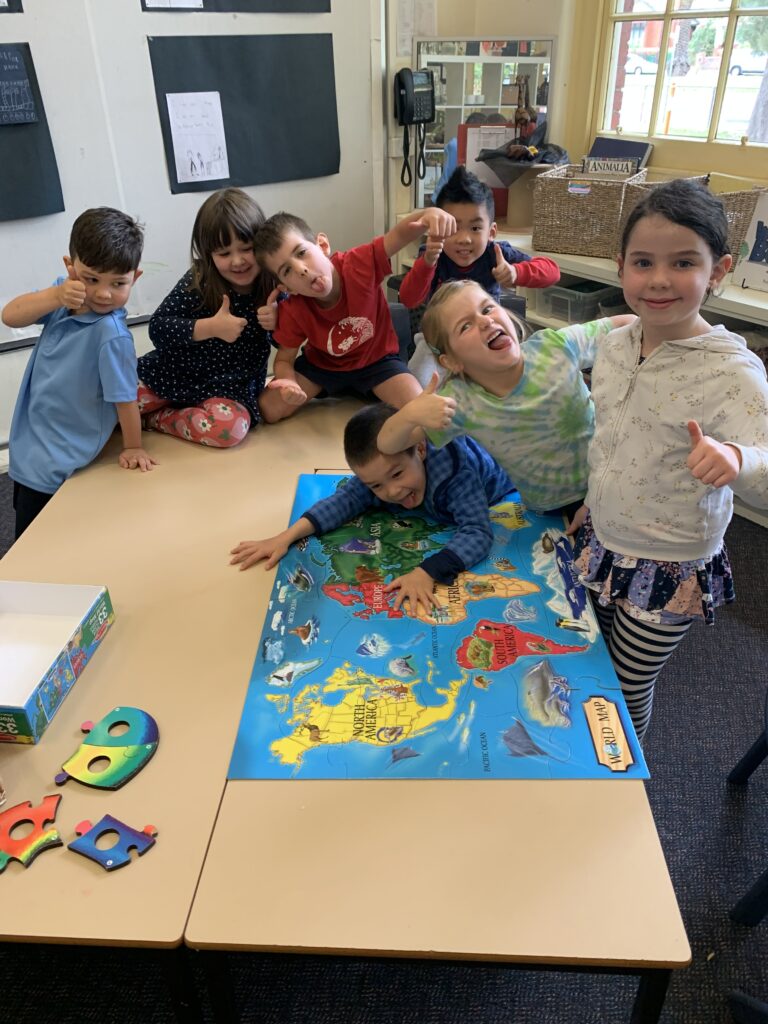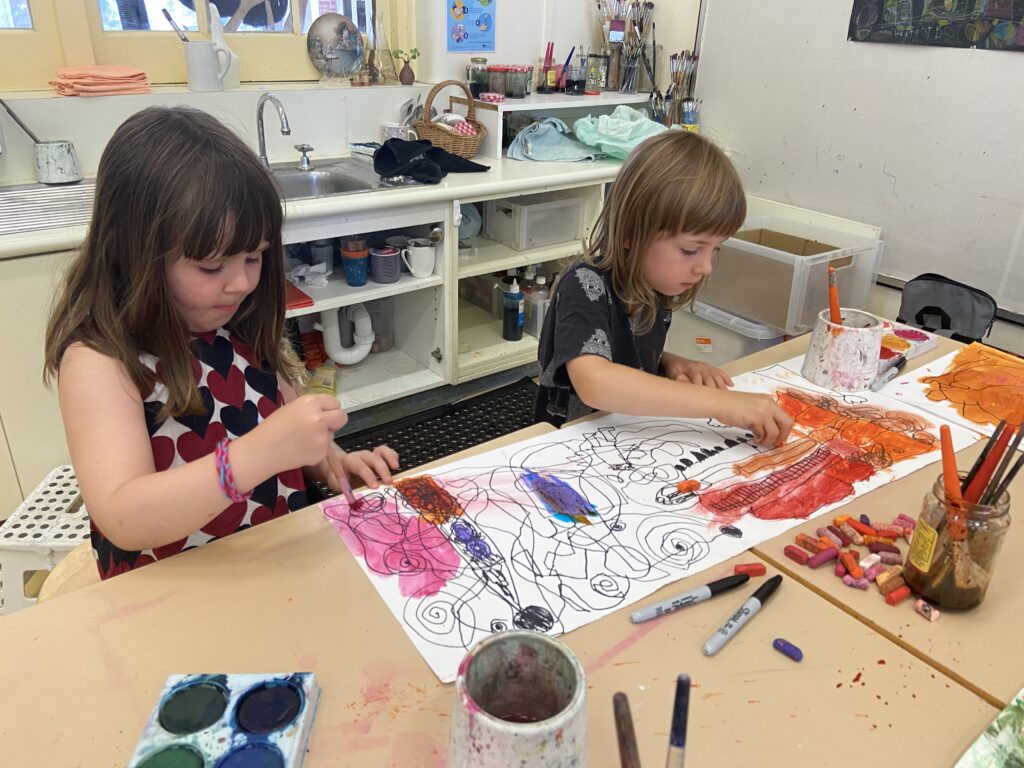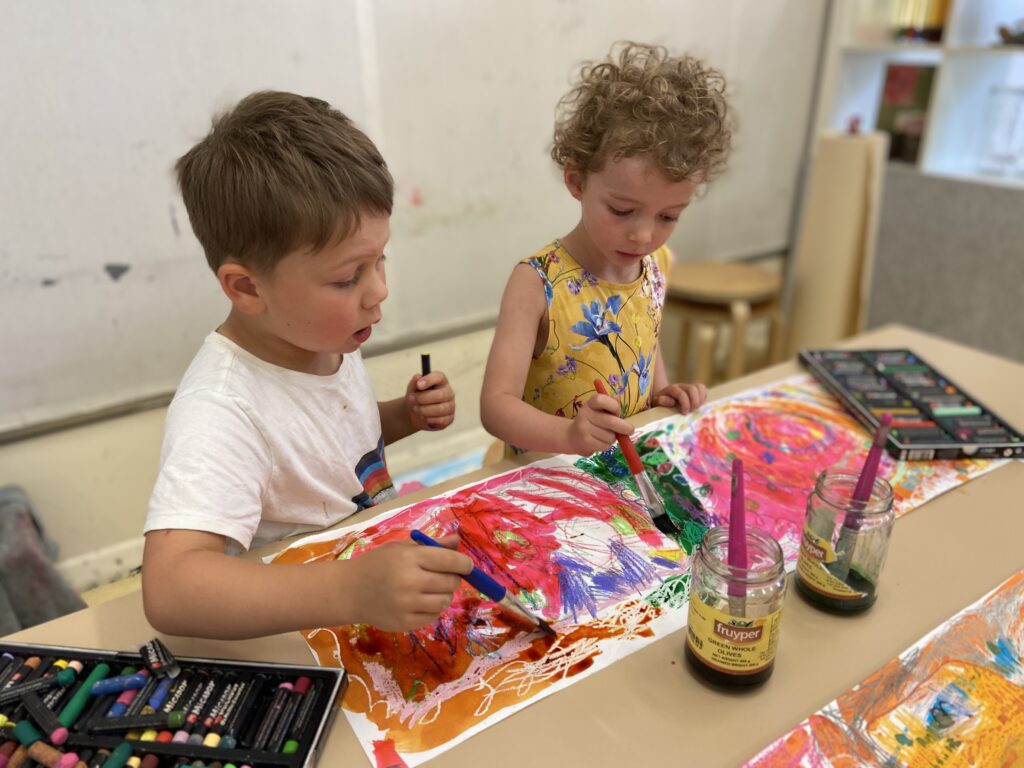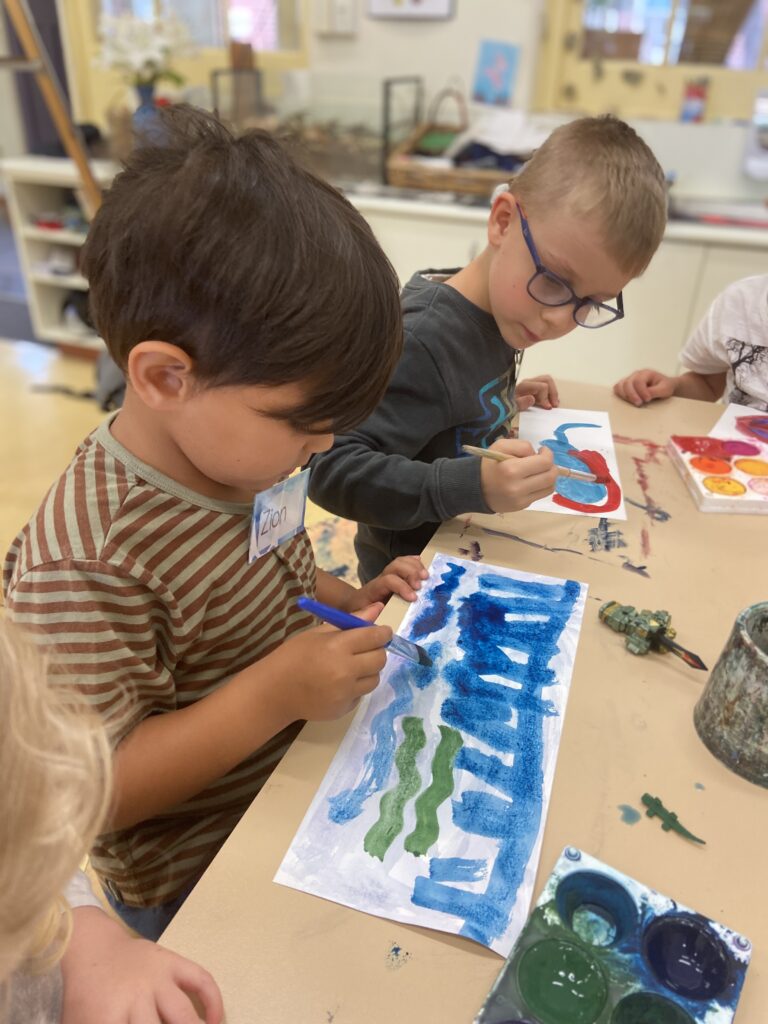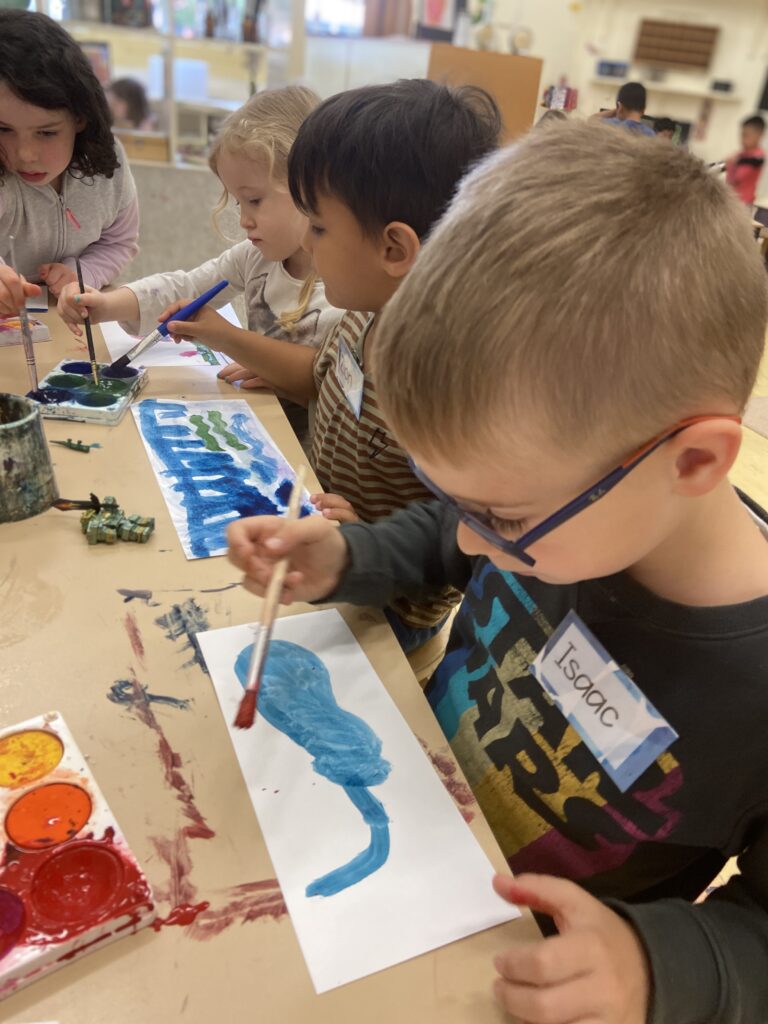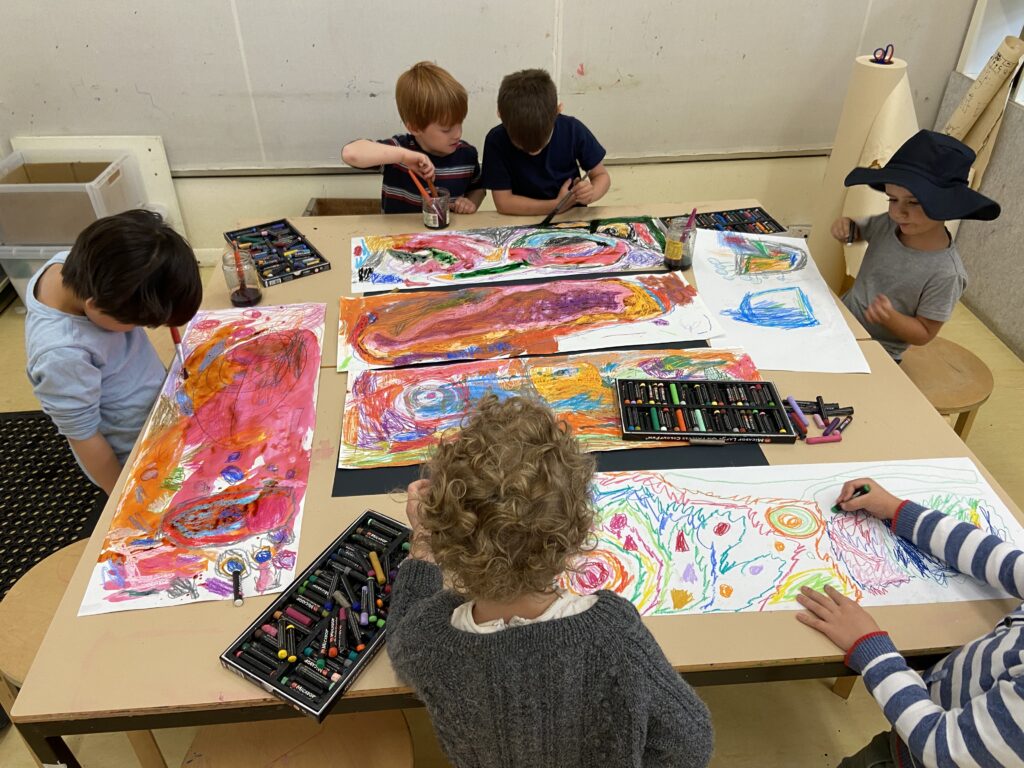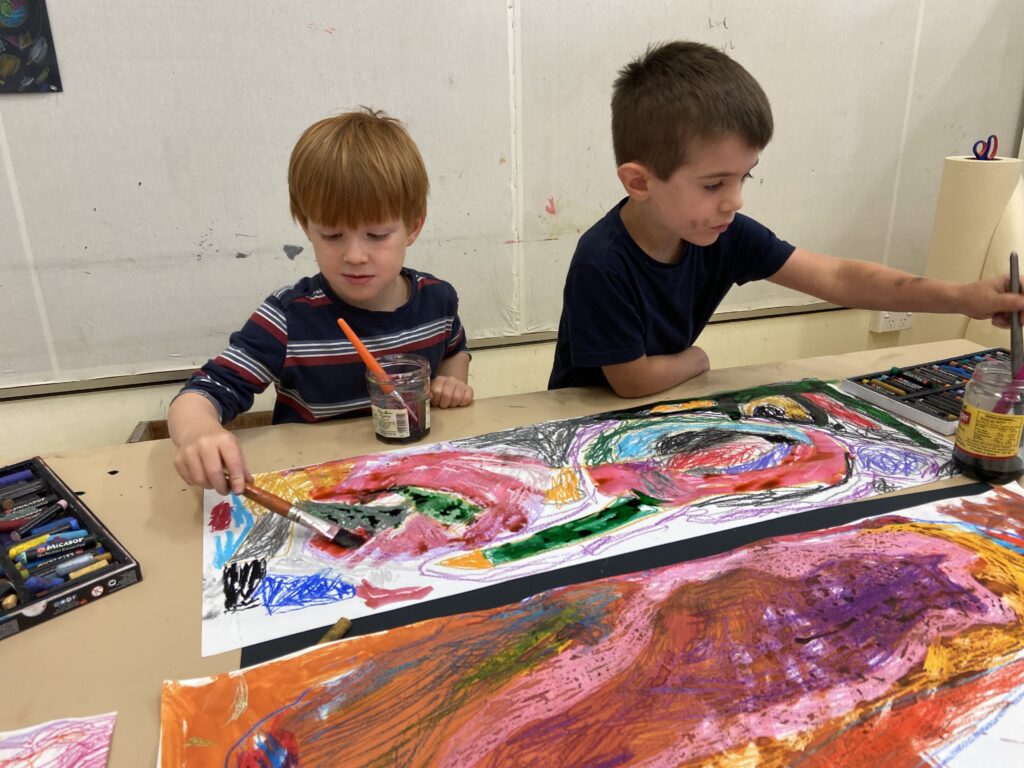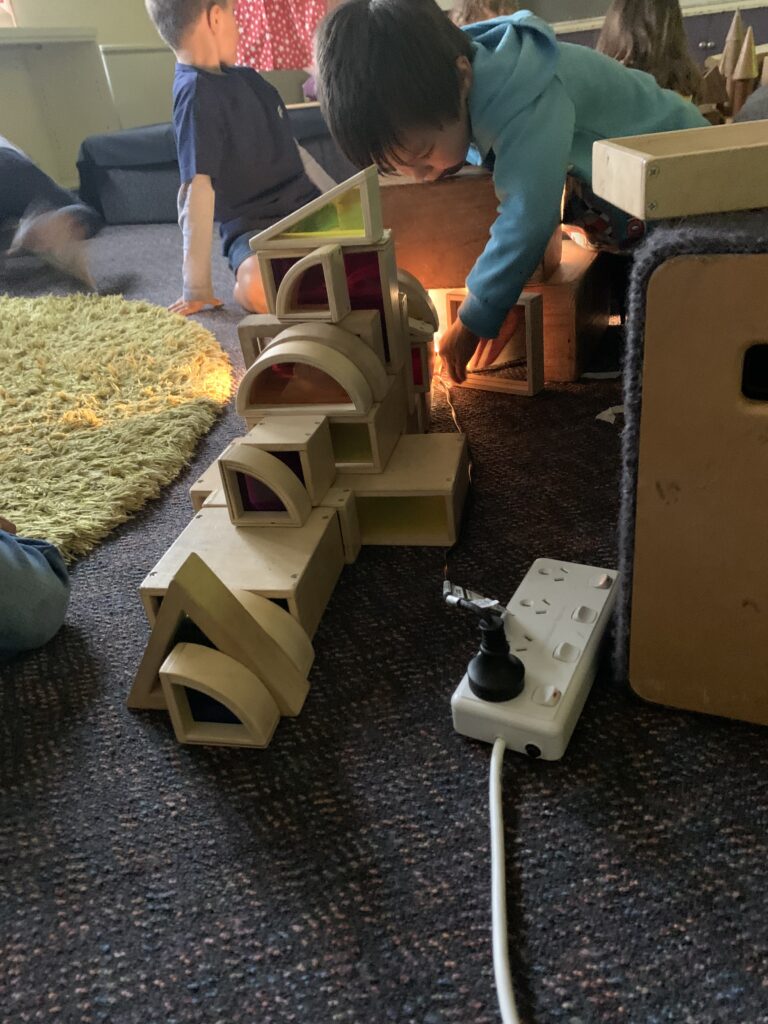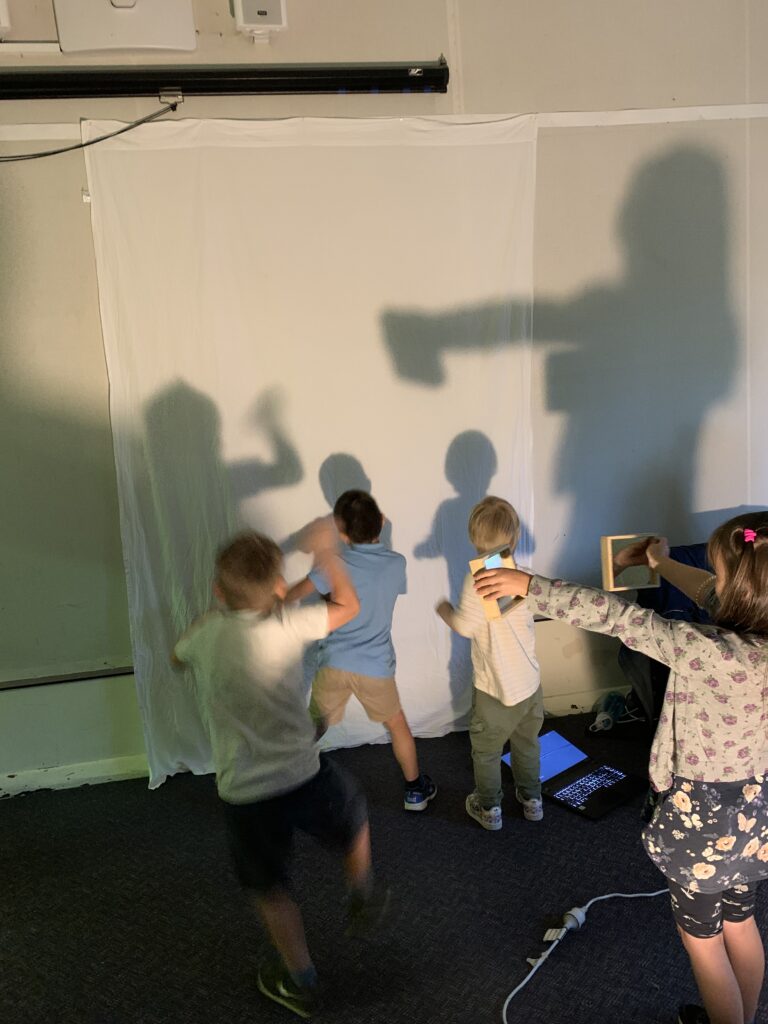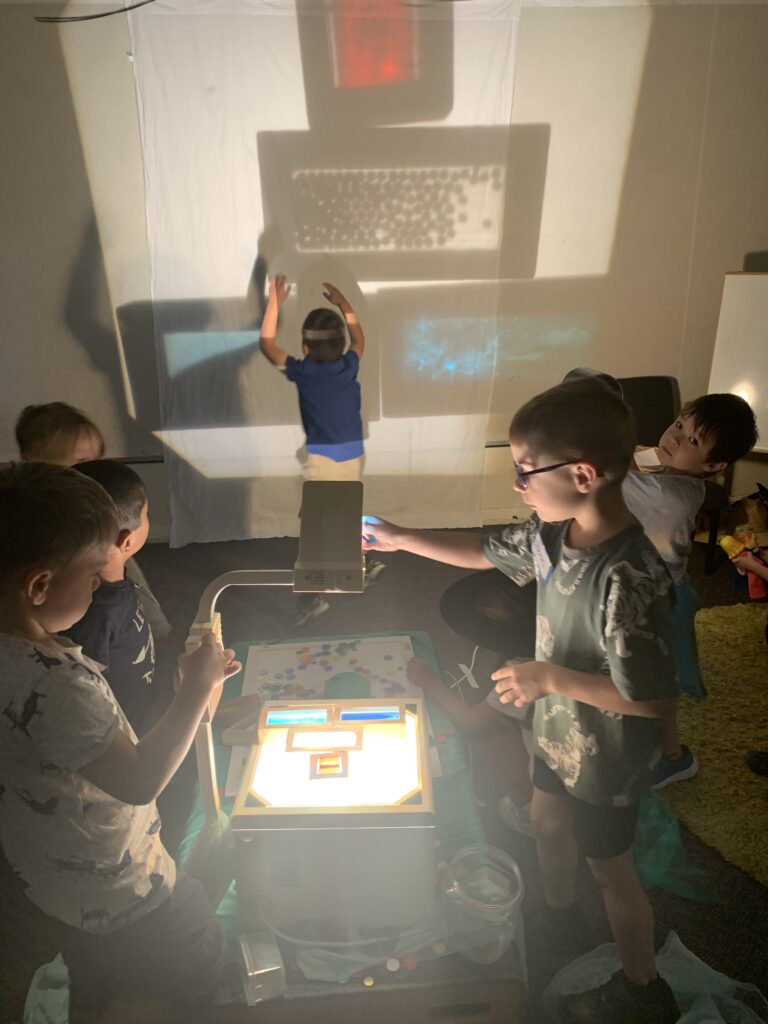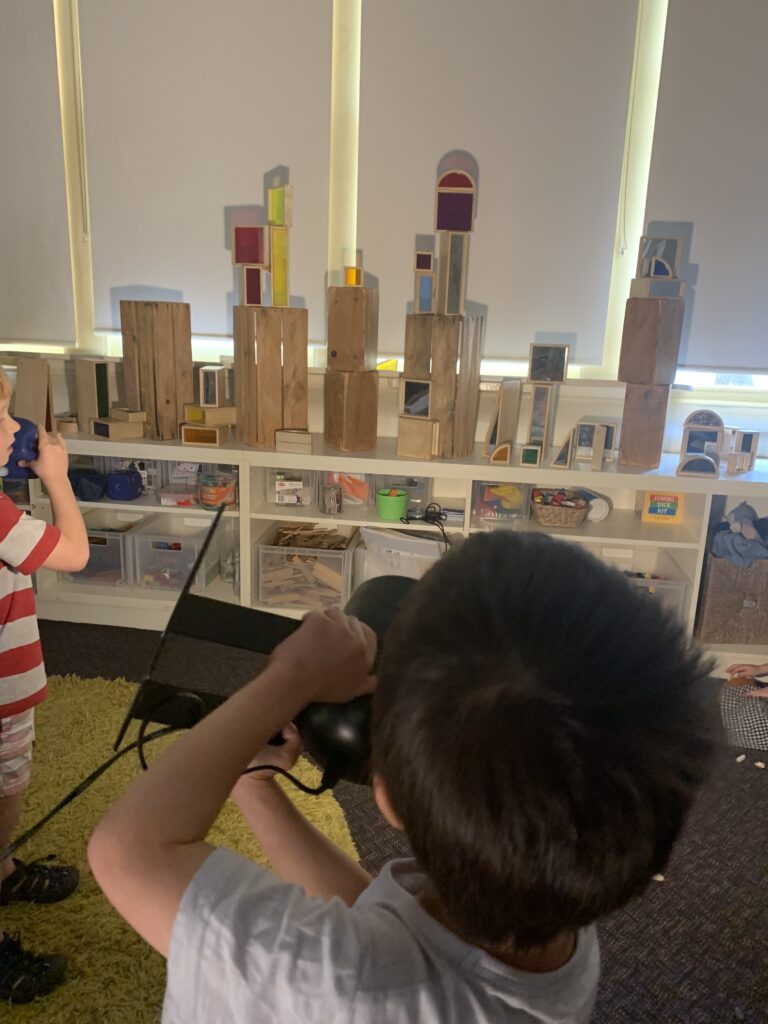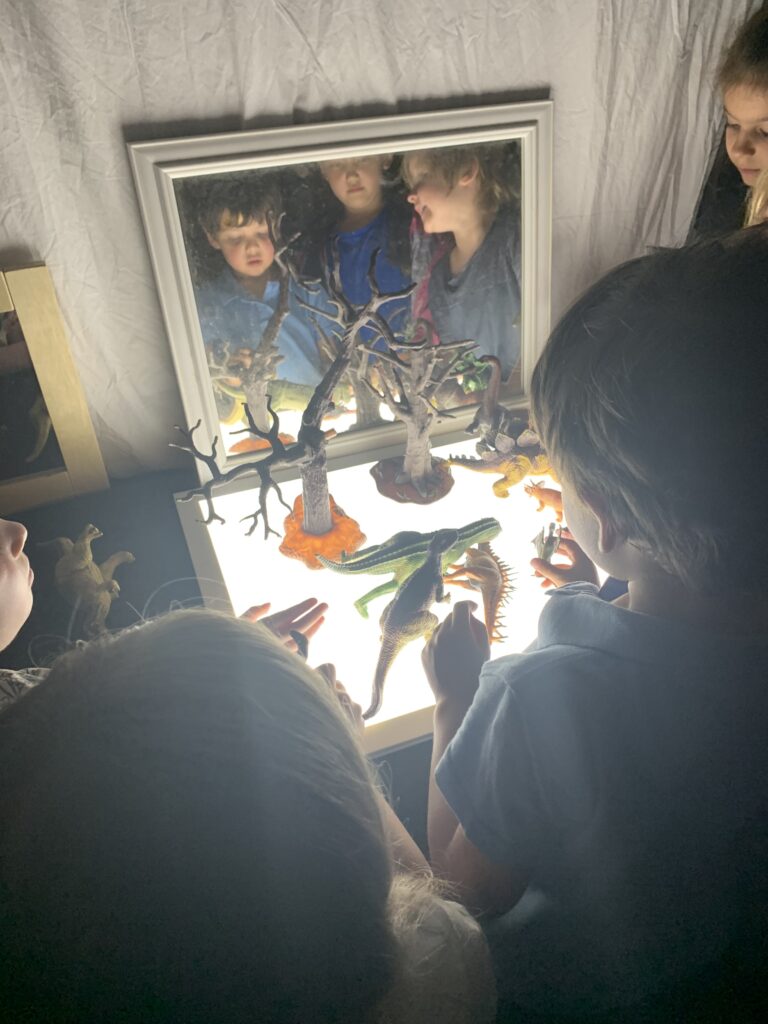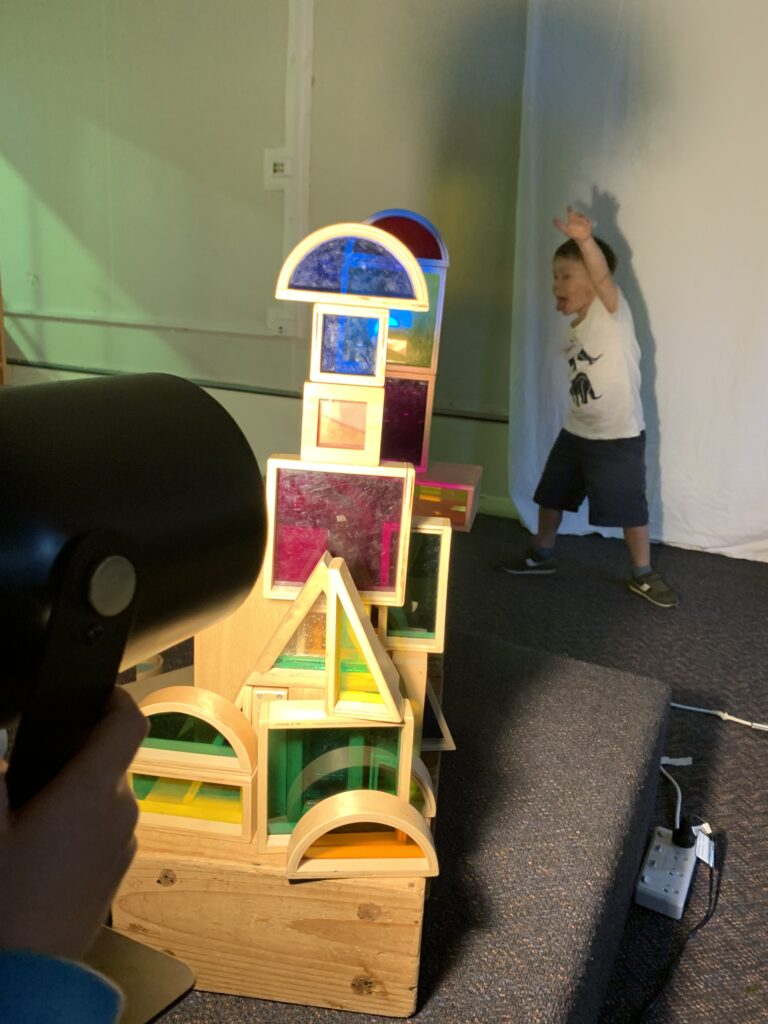Welcome
As we welcome the new community of Prep children to PHPS, we are conscious of the need to go slow and to make connections to the childrens’ prior understandings. For some this will have been a kindergarten or long day childcare setting. For many it has been an extended time at home with families grappling with working from home, siblings trying to learn online; and the challenges of going in and out of COVID restrictions. As educators, we are making a commitment to listen, observe, document and respond to the needs of our new children and their families.
With this in mind we asked the children, “Why do we come to school?”
Toby– Because we need to learn.
Max K– To learn more stuff and be kind.
Elena -So our parents have more time to work and their children aren’t around to make too much noise and they don’t have to tell them to stop.
Badral– We need to learn how to read and how to spell.
Max K– To learn to be kind and nice and not hurt people.
Arlo H– So the parents can work and not have their kids being loud so they can’t work. So that’s why we have to come to school.
Astrid– To let our mum and dads do important things.
Albie– If we are at school our mum’s and dad’s will actually do lots and lots of work.
Max– We learn so we know more stuff to be kind.
Albie– So we can learn how to do maths.
Anais– So we can meet new friends.
Elena– So our parents don’t have to do the teaching, like teaching us music and reading and stuff.
Toby– So we can make new friends.
Jesse– So we can have fun.
Max K– So when someone is having a meeting at your house you dont disturb them.
Elliot- To learn about how things work and how to build things and the materials they use.
Charlie- After kindergarten you go to school so that can go to high school after that.
Leo- School helps us learn things that we don’t know.
Eben- To have fun and play.
Leo B-L- To learn things we haven’t learned yet!
Ciara- To help us do Italian.
Zion- I want to read books!
While many of the responses were similar to past cohorts responses, some distinct differences were noted. We are now exploring further how we, as educators, can carefully respect and respond to the possible changes caused by 2020 and COVID.
The daily routines are being adapted with careful listening to the children and their families. The morning homegroup session has been extended, before joining up for the important ‘provocations’ learning time across the spaces. This slight change to the daily routine seems to suit the needs of the children, and we are already reaping the rewards with many children now responding to the daily provocations and engaging in a more focussed way.
Throughout the Neighbourhood we have encountered several different interactions relating to routines, organisation and classification within our spaces.
We have observed children drawing and writing in the Learning Commons, dividing the paper to create agreed upon spaces. The students are also keen to further their understanding of the routines and techniques used when sharing puzzles. Often students begin a puzzle individually and others become curious, joining in to complete the image and sharing their thinking.
We did one side, then the middle, then the other side. Max
There were like six people working on the puzzle. We split into groups to work on different parts. Leo N
Another example of classification and organization was found in the Studio when a child began to section off areas of his artwork and organise different colours into the spaces.
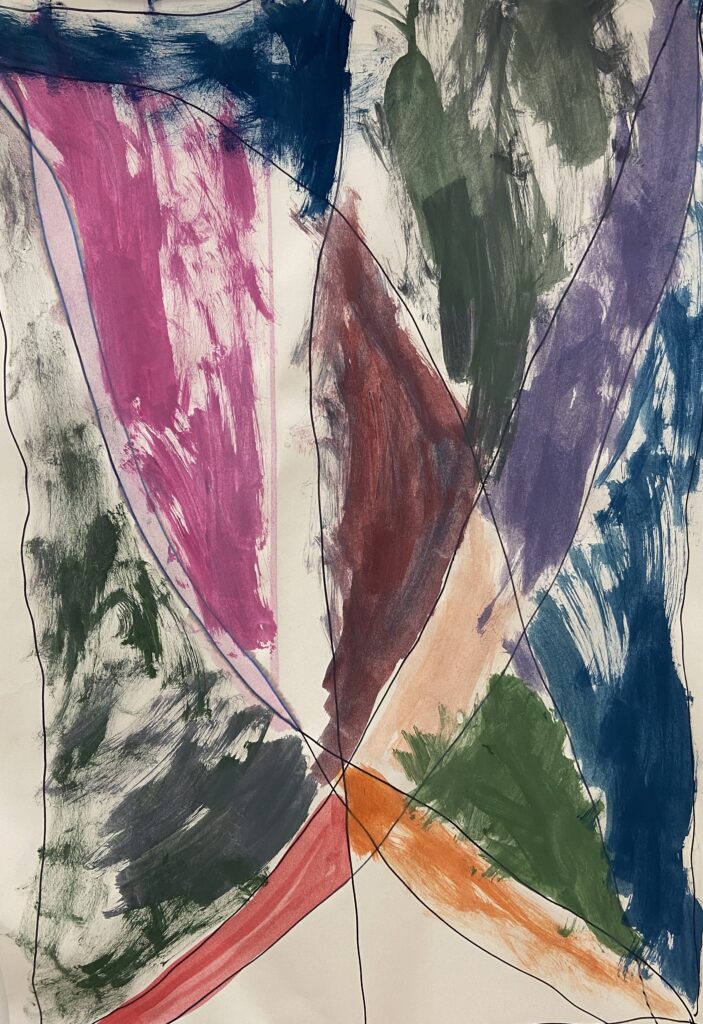
As educators we have begun to wonder and question…
Do children need to organise their space (agency) in order to understand their space? How does this impact their sense of belonging and learning?
What role does classification and organisation play in understanding the world?
How could an inquiry into classification and organisation impact the collaboration and co-construction of learning in our Neighbourhood?
An exploration of art materials has taken off within the art studio with a group of children exploring shape and colour. Some rich conversations about art have been documented during this time. We will continue to explore the connection of materials to the childrens’ understanding of art.
When I feel a bit angry and I do art, it calms me down. Max
The courtyard garden has also become an area of interest for the children. The learning commons is slowly establishing itself as an area for research and drawing and annotating possibilities for our garden. Children have enjoyed the practice of watering the garden using watering cans, and a new interest in water appears to be emerging.
My sister picks flowers from the garden and adds them to her collection. She accidentally kicked one over and you see all the roots. Chiara
We can actually eat them (flowers)…bees make honey with them and we eat honey! George
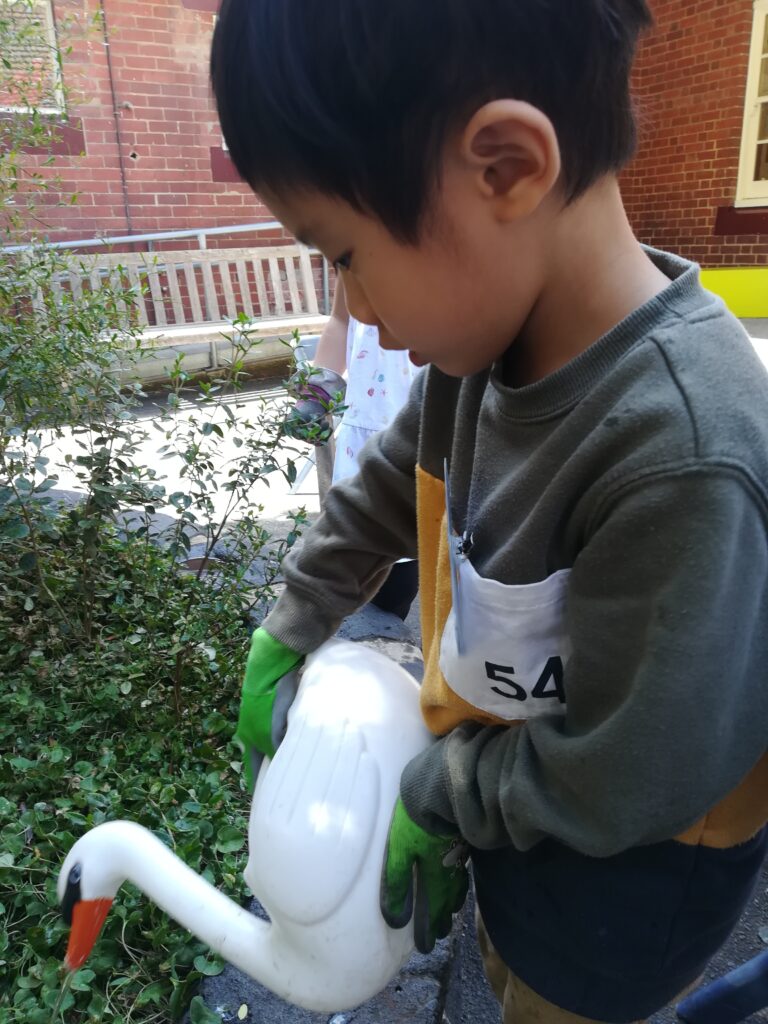
In the performance space, children have begun exploring different materials, including light. They are discovering how it can help them tell a story. This experimentation with light also provoked children to express ideas about reflection and shadow, which provides educators with an insight into their scientific understandings.
We would like to welcome all the new children and their families to PHPS. We welcome communication with you and understand that not being able to enter the Prep Neighbourhood can make this new experience challenging. As such we would like to share our prep e-mail address with you all. This is an excellent way to communicate with the teachers.
We are excited about the year and look forward to collaborating on many learning inquiries and experiences in our Neighbourhood.


